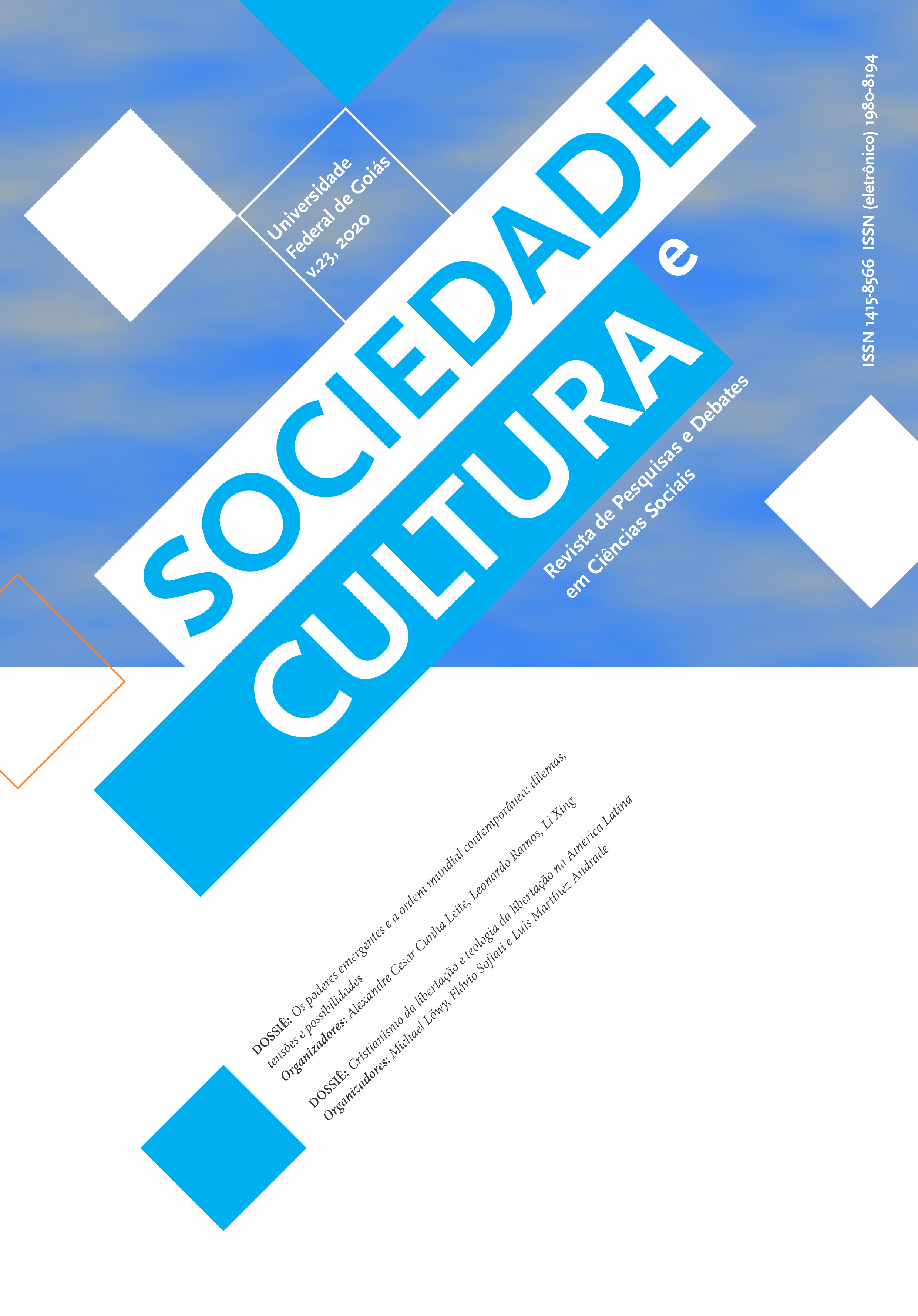What is a Case Study and what are its potentialities?
DOI:
https://doi.org/10.5216/sec.v23i.55631Keywords:
estudo de caso, metodologiaAbstract
The aim of this paper is to discuss the understanding of case study research design, in order to evidence its advantages and application challenges in Political Science. It starts with a conceptual discussion about the different definitions and conceptions about case studies found in the literature and then distinguish research
strategies from number of cases and number of observations. We approach the role of case studies in treating multi-causality and the causal complexity of social phenomena, discussing in terms of internal and external validity and causal analysis strategies. In this sense, argumentation in favor of a different perspective is more common in case studies: instead of restricting designs that are structured in one or few observations treated in a qualitative approach, it is also possible to understand it as research strategies
that adopt models of empirical analysis using quantitative techniques from the variation within the case. Finally, it is argued that different logics of causation and a dense characteristic of case studies give
the methodological rigor and a relevant place in creating and testing theories in Political Science.
Downloads
Downloads
Published
How to Cite
Issue
Section
License
Authors who publish in this journal agree to the following terms:
- Authors retain the copyright and grant the journal the right of first publication, the work being simultaneously licensed under the Creative Commons Attribution License, which allows the sharing of the work with acknowledgment of authorship and of the initial publication in this journal;
- Authors are authorized to enter into additional contracts separately, for non-exclusive distribution of the version of the work published in this journal (eg, publishing in an institutional repository or as a book chapter), with acknowledgment of authorship and of the initial publication in this journal;
- Authors are allowed and encouraged to post and distribute their work online (eg, in institutional repositories or on their personal page) at any point before or during the editorial process, as this can bring productive change as well as increases the impact and the citation of the published work (see O Efeito do Acesso Livre).



